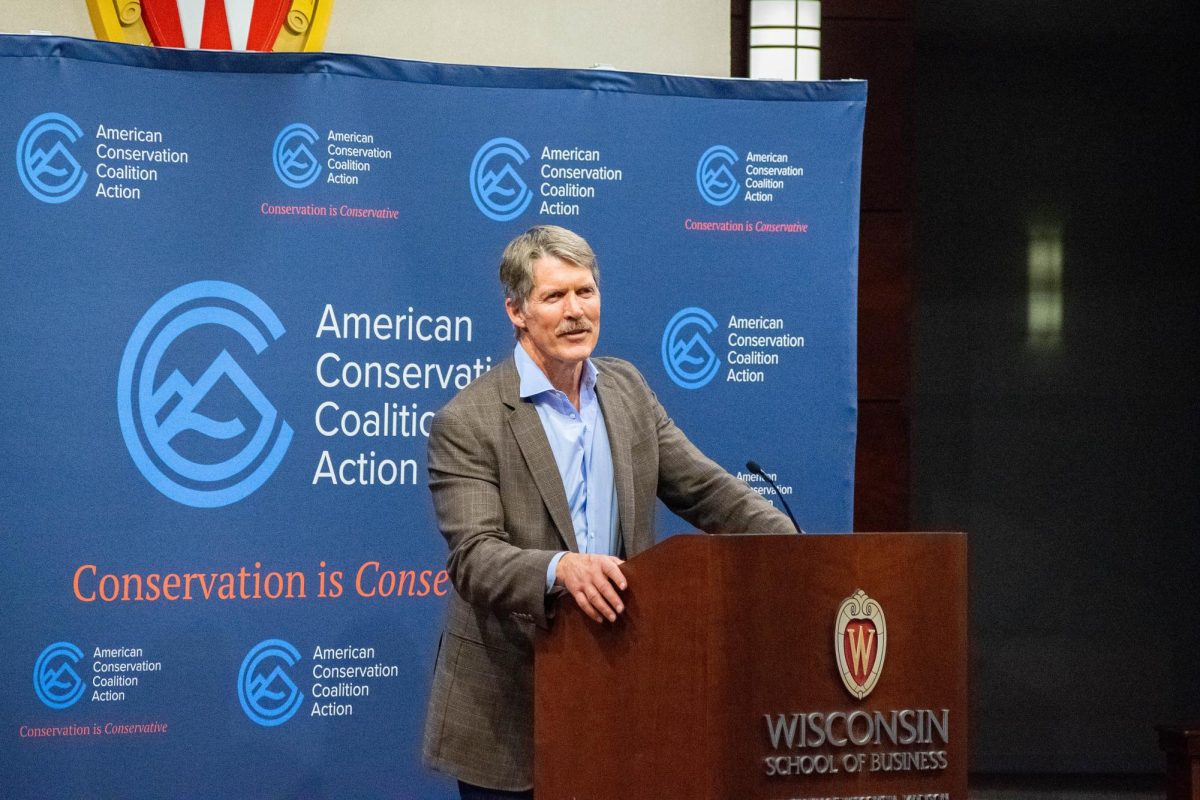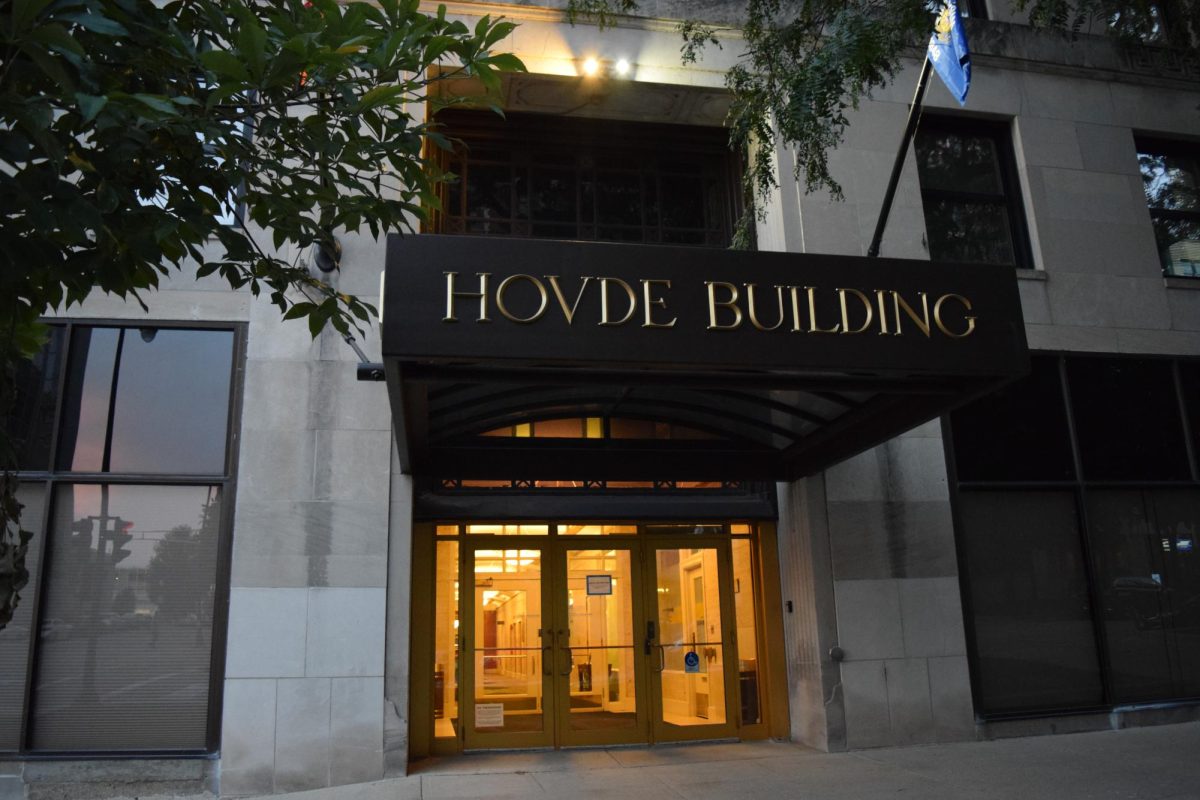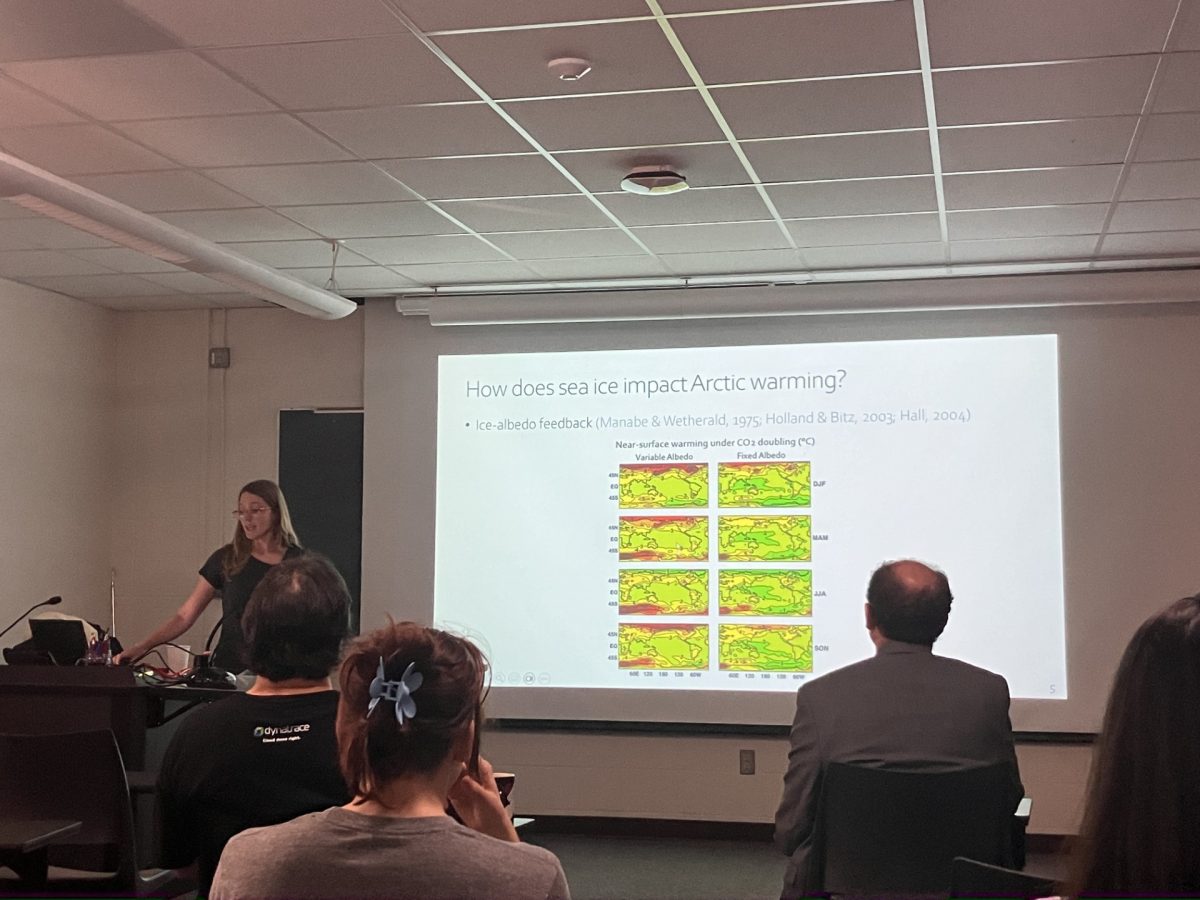City Council members and various landlords met Thursday night at the Municipal Building to discuss landlord-tenant relations. The groups met to look at the city ordinance that prevents the showing of rented property before Dec. 15.
Michael Greiber of the Corporate Counsel with Madison Property Management and Sue Taylor of Goldleaf Development, along with other landlord-tenant-relation representatives, attended the meeting.
Those in attendance looked at the various problems and issues surrounding the city ordinance, such as when prospects view residences without landlord representation.
“Many prospective residents will seek out apartments before the showing date. They’ll end up knocking on doors or using parties as a chance to check out apartments,” Greiber said.
In some cases, potential residents sign a lease before even seeing the residence.
Prospective residents such as Adam Shelton, who is renting through Madison Property Management, found himself in this situation.
“We didn’t get to see the place since we had to sign so fast,” he said.
Greiber warned, however, signing a lease quickly is not a good plan.
“It’s not advisable to rent places out before it’s showing,” Greiber said. “The Dec. 15 ordinance forces prospective residents, mostly students wishing to live in the downtown area, to wait until exam week to view residences.”
Although the ordinance was designed for prospects to wait until after winter break, many prospects prefer to take care of leases and future residence plans before that date because the timeline can create scheduling disturbances for both the current and prospective resident.
As a result, official showings are often confined to the week preceding the end of the semester, although some prospects try to make arrangements as early as October.
Many also expressed the Dec. 15 ordinance puts a burden on current residents to decide whether to renew leases. Under the ordinance’s current conditions, current residents cannot decide to renew a lease before prospective residents sign new leases.
Landlords such as Sue Taylor have received complaints about renewal deadlines and early-decision problems. She said the current ordinance creates problems without available answers.
“We would rather keep good residents than sign new tenants, but how do you solve the problem of prospects having the opportunity to decide to sign leases before current residents can decide to renew?”
Greiber also feels the ordinance tests the relationship with landlords and tenants.
“This situation creates a conflict with good landlord-tenant relationships,” Greiber said. “The ordinance creates poor relations.”
Another issue the groups discussed was non-student residents who do not operate on a semester schedule. The ordinance often forces them to decide on lease renewals early, which conflicts with potential plans of moving or buying property.
Those in attendance offered possible resolutions to the ordinance. One such idea is to allow tenants to renew a lease up until a certain point, declared in a nonstandard rental provision set up by the landlord.
Recommended actions or amendments to the ordinance will be decided at a later meeting, and the issue will remain on the committee agenda.







